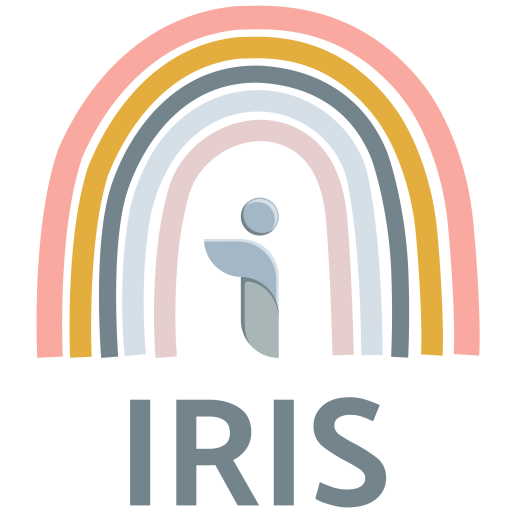Special needs financial planning – a term that is important for families with special needs individuals to ensure their financial well-being in the long run. Guardianship is vital in securing these individuals’ rights and best interests, granting responsible parties the authority to make crucial financial decisions.
In this blog post, we’ll delve into the key aspects of guardianship and financial decision-making, shedding light on what you need to know to navigate this critical aspect of special needs financial planning.
Understanding Guardianship
Guardianship is a legal arrangement wherein a person or entity is appointed to act as a decision-maker for someone unable to make independent choices due to physical or mental incapacity. Creating an ABLE account for disabled people becomes particularly relevant for guardians, as they might need to create an ecosystem that can extend financial support throughout their lives and after that. Typically, Getting guardianship involves petitioning the court, where the court will determine the level of decision-making authority granted to the guardian.
Types of Guardianship
- Full Guardianship: In this type of guardianship, the appointed guardian has the authority to make all major decisions for the individual with special needs, including financial, medical, and personal matters.
- Limited Guardianship: Limited guardianship grants the guardian specific decision-making powers. At the same time, the individual retains some rights and autonomy in certain areas.
- Temporary Guardianship: This type of guardianship is established for a predetermined period, often necessary for specific situations or emergencies.
Financial Decision-Making as a Guardian
When appointed as a guardian, one of the crucial responsibilities is financial decision-making on behalf of the special needs individual. Here are some essential aspects to consider:
- Creating a Comprehensive Financial Plan: As a guardian, it’s essential to develop a comprehensive financial plan tailored to the specific needs and requirements of the individual. The plan should encompass short-term and long-term financial goals, budgeting considerations, and investment strategies to ensure financial security.
- Special Needs Trusts: Establishing a Special Needs Trust (SNT) is a common and effective way to protect the individual’s assets and eligibility for government benefits. An SNT allows individuals to benefit from the funds without compromising their eligibility for vital programs like Medicaid and Supplemental Security Income (SSI).
- Government Benefits: As a guardian, understanding the intricacies of government benefit programs is crucial. Ensure that the individual with special needs receives all eligible benefits. Be aware of the potential impact on these benefits when making financial decisions.
- Education and Awareness: Stay informed about financial matters related to the special needs community. Attend workshops and seminars and connect with support groups to gain insights and make informed choices.
- Professional Financial Advice: Seek guidance from financial advisors experienced in special needs financial planning. They can provide invaluable insights, helping you make sound decisions that align with the individual’s best interests.
Guardianship Planning: Best Practices
- Early Planning: It’s advisable to plan for guardianship and financial decision-making well in advance. As the special needs individual approaches adulthood, consider initiating the legal process to ensure a smooth transition.
- Choose the Right Guardian: Selecting a guardian is a critical decision that requires thoughtful consideration. Look for someone who understands the individual’s needs, is financially responsible, and has the time and dedication to fulfill the role effectively.
- Communication and Collaboration: Maintain open communication with other family members and stakeholders involved in the individual’s life. Collaboration can lead to better financial planning and support networks.
- Regular Reviews: Life circumstances can change, and so can the needs of the special needs individual. Schedule regular reviews of the financial plan and guardianship arrangements to ensure they remain relevant and practical.
Guardianship and financial decision-making are pivotal aspects of special needs financial planning, securing the well-being and future of individuals who require ongoing support. By understanding the different types of guardianship, creating a comprehensive financial plan, and seeking professional advice, guardians can fulfill their responsibilities effectively. Early planning, communication, and collaboration within the family and support network are essential for ensuring a smooth and successful financial journey for the special needs individual.
Remember, each situation is unique, and it’s crucial to consult with legal and financial professionals specializing in special needs planning to tailor strategies that best suit your loved one’s specific needs and circumstances.
If you know someone who needs professional assistance in special needs financial planning, ask them to get in touch with us



